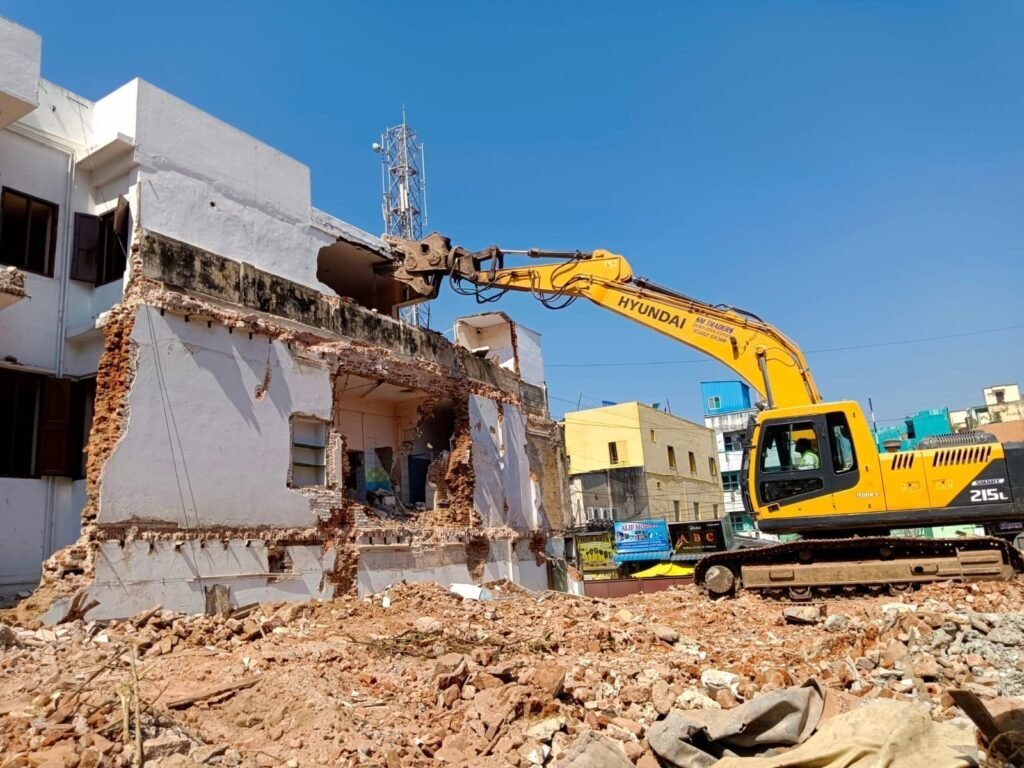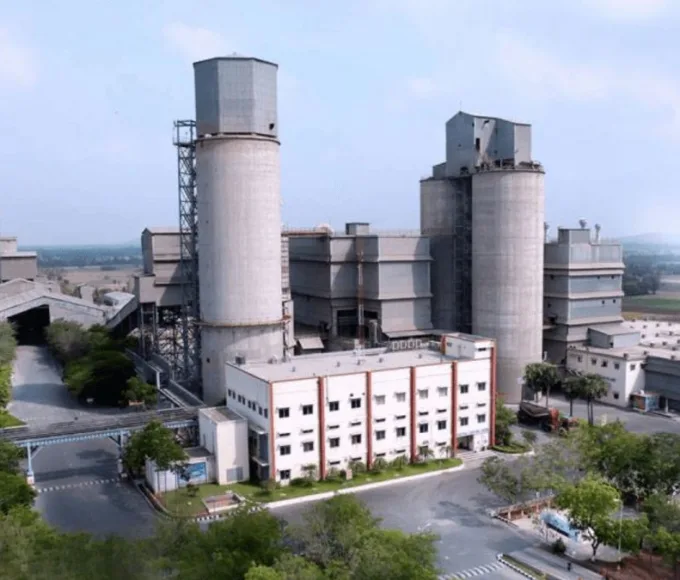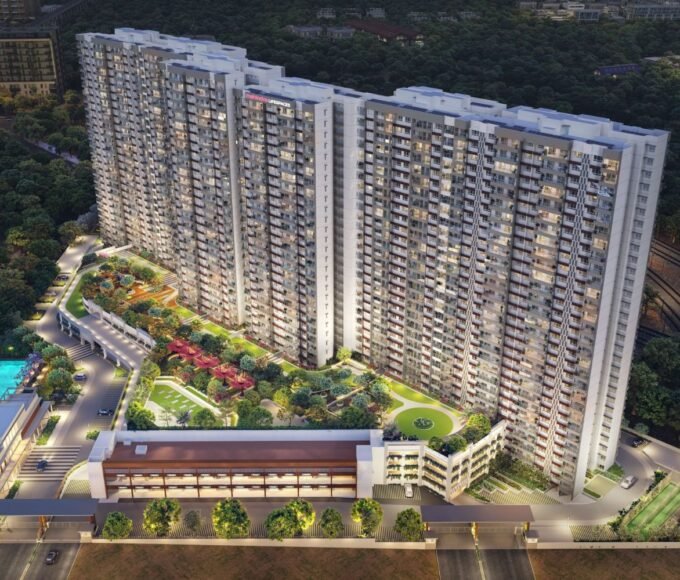Recent Posts
Chennai Central Tower Set for Mid-2027 Completion
February 10, 2026Railways Cut Freight Rates to Boost Bulk Cement Transport
February 9, 2026Madras HC Cracks Down on Illegal Constructions

The Madras High Court, while ordering the demolition of an unauthorized marriage hall located in Adyar, has stressed that any unauthorized construction that comes up with the help of officers concerned would make the authorities responsible for putting people’s lives in danger in any way. The Court’s decision highlights the issue of unapproved buildings with the collusion of corrupt officials and those involved in illegal construction providing a nod to the fact that this is a source of money.
The bench, which included Justices SM Subramaniam and K Rajasekar, rejected a plea from one petitioner named KC Jayabalan challenging a demolition notice served upon him by the Chennai City Corporation. Jayabalan had contended that his marriage hall was constructed with all relevant permissions and that he had also paid the required amount for its approval. The Court disagreed and said that there was no provision for giving retrospective approval of a building plan once construction had already been performed.
The Court observed that urban areas, due to illegal constructions, are getting “concrete jungles” and peace-loving residents are suffering due to surrounding encroachment. It reiterated that illegalities threaten the Right to Life, which is a constitutional guarantee. The judges said that authorities who let these illegal activities carry on must be held personally accountable to help rein in this widespread problem.
The bench said that Jayabalan’s contention to the effect that payment of property tax and electricity charges would shield the building from demolition was “wrong to the core”. It emphasized the need to strictly adhere to building regulations to protect public safety. Such unauthorized constructions, said the Court, not only inconvenience the public but also agents of public order but more importantly, they pose a serious risk to the security and wellbeing.
The petitioner then was ordered in the ruling to demolish his marriage hall, obtain proper planning permission to build and then build back as per the law. Indeed, the Court’s ruling reflects the ongoing struggle against unlawful constructions and the essential responsibility of the authorities to preserve urban safety and order.
Recent Posts
Categories
- 20264
- Acquisition4
- Airport27
- AP154
- Apartments177
- Architecture4
- Bengaluru282
- Budget9
- Budget 202521
- Cement204
- Chennai516
- Coimbatore1
- Construction1,146
- Construction Material Price Updates1
- Copper1
- Corporation5
- CREDAI71
- Editors Pick43
- Equipment58
- Events13
- Export61
- GST18
- Highways137
- Hotel28
- Housing252
- Hyderabad131
- import65
- India393
- Industrial517
- Infrastructure834
- Interiors32
- Investment152
- Iron Ore101
- Karnataka130
- Kerala77
- Labour13
- Land213
- Leasing15
- Logistics99
- Market Updates676
- Metal174
- Metro126
- Mining123
- MSME23
- News2,177
- NHAI109
- Office Space22
- Paints43
- Port12
- Power Shutdown2
- Properties209
- Puducherry13
- Railways14
- Real Estate988
- REIT6
- Rental16
- Results12
- Road253
- Sand45
- Short News117
- SIPCOT26
- Steel Daily519
- Stocks108
- Tamil Nadu577
- Technology138
- Telangana146
- TIDCO19
- Tourism3
- Trade157
- Trending News1,198
- Trichy1
- Video2
- warehouse117
Related Articles
Ramco Cements Q3 FY26 Results: Net Profit More Than Doubles on Better Prices and Efficiency
The Ramco Cements reported a sharp rise in profitability in Q3 FY26,...
BySamrita JosephFebruary 10, 2026Govt Must Monitor Unfair Steel Imports to Protect Domestic Steel Market: Tata Steel CEO
Tata Steel CEO T V Narendran has urged the government to closely...
BySamrita JosephFebruary 10, 2026Steel Ministry’s PLI 1.2 Drive to Add 8.7 Million Tonnes of Specialty Steel Capacity
The Ministry of Steel has signed MoUs for 85 specialty steel projects...
BySamrita JosephFebruary 10, 2026Mahindra Lifespace, Mitsui Fudosan Launch Premium Residential Project in Bengaluru
Mahindra Lifespace Developers and Japan’s Mitsui Fudosan Group have entered a long-term...
BySamrita JosephFebruary 10, 2026















Leave a comment